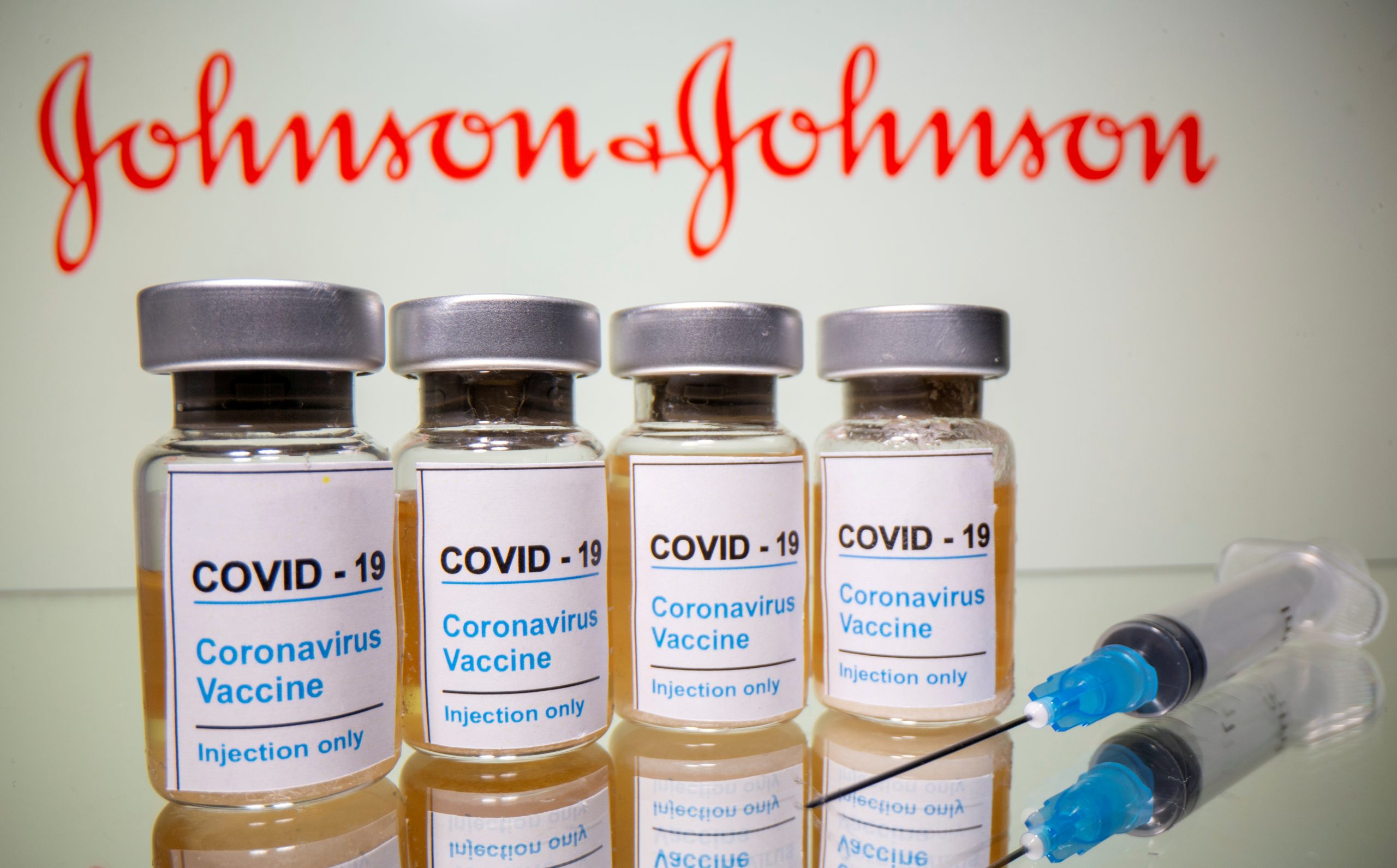A panel of expert advisers to the U.S. Food and Drug Administration is expected to recommend authorization of a one-dose COVID-19 vaccine from Johnson & Johnson on Friday, setting the stage for the unleashing of millions more doses across the country next week.
After it receives the recommendation, the FDA is likely to authorize the vaccine for emergency use within a day or so, making it the third available in the United States, and the only one that requires just one shot.
The panel, consisting of doctors, infectious disease experts and medical researchers, will convene at 9:00am ET (1400 GMT) and vote in favor or against the vaccine’s use several hours later at the end of the meeting.
The panel will consider whether the benefits of the vaccine outweigh its risk for use in people aged 18 and older.
Officials from the FDA, U.S Centers for Disease Control and Prevention and J&J discuss the vaccine’s trial data.
In a 44,000-person trial, the vaccine overall was 66% effective at preventing moderate-to-severe cases of COVID-19 compared with a placebo.
The effectiveness of the one-dose vaccine varied over time and location. In the United States, the effectiveness was 74% at 14 days and 72% two weeks later, while the shot was 64% effective at stopping moderate-to-severe COVID-19 after 28 days in South Africa, where a worrying new variant has swept across the country.
The vaccine was 100% effective at preventing hospitalizations 28 days after vaccination and there were no COVID-19 deaths among those who received the shot.
“In the context of the pandemic, the FDA is likely to issue an emergency use authorization (EUA) based on the data,” said UBS analyst Navin Jacob ahead of the panel meeting.
The J&J vaccine can be stored in normal refrigerator temperatures, making distribution easier than that of the Pfizer Inc/BioNTech SE and Moderna Inc vaccines that use mRNA technology and must be shipped and stored frozen.
J&J’s vaccine uses a common cold virus known as adenovirus type 26 to introduce coronavirus proteins into cells in the body and trigger an immune response.
Three to four million doses of the vaccine are expected to be rolled out next week.
(Reporting by Manas Mishra in Bengaluru and Michael Erman in New York; Editing by Caroline Humer and Bill Berkrot)

























 Continue with Google
Continue with Google